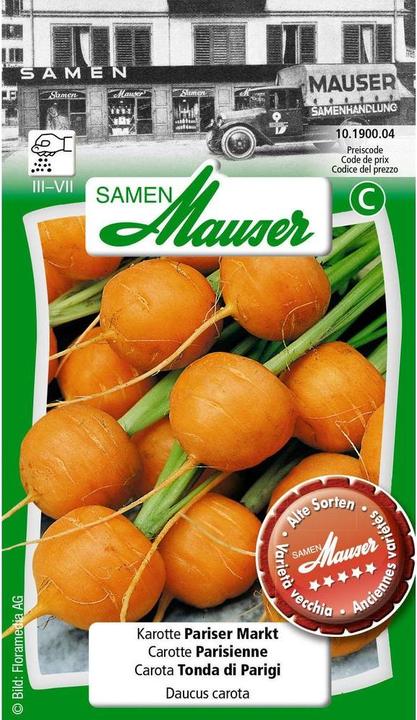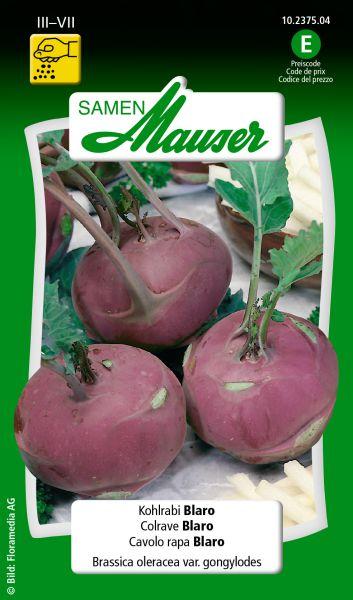

Growing heirloom vegetables in your garden
Today, industrial agriculture relies almost exclusively on highly cultivated super vegetables grown in monocultures. This has a considerable influence on biodiversity. Your garden doesn’t have to be like this.
According to the Food and Agriculture Organization of the United Nations (FAO), there are about 30,000 edible plant varieties. But we only eat about 150 of them, while 30 of them cover 95 percent of the worldwide calorie requirements. This is – quite obviously – problematic.
A large part of the global farmland is cultivated with monoculture crops. This enables higher crop yields, but makes crops more sensitive: if the same variety is cultivated for years, pests evolve resistance. This can lead to large crop failures, putting food security at risk. The industry’s solution? More and more fertilisers and pesticides.
Biodiversity is another aspect: In theory, 4,151 tomato varieties are authorised in the EU. But not even one percent of these find their way into our supermarkets. Why? These four names are responsible: Bayer/Monsanto, DowDuPont, Syngenta and BASF (source: ZDF). These groups control two-thirds of the global seed supply and are driven primarily by economic interests. They decide what we eat.
Almost forgotten vegetables
So-called heirloom varieties are hardly cultivated today because their crop yield is too low. As a result, many of them have been forgotten or have become extinct. Unlike the modern high-performance vegetables, heirloom varieties have different tastes, colours and characteristics. They have adapted to the conditions of a region over generations and are therefore very resilient. They often grow completely without chemicals, which also means they grow more slowly, produce more nutrients and have a more intense taste. In other words: they’re perfect for growing in your garden or on your balcony. Here’s a small selection:

Samen Mauser Pumpkin Yellow Centner
Vegetable seeds
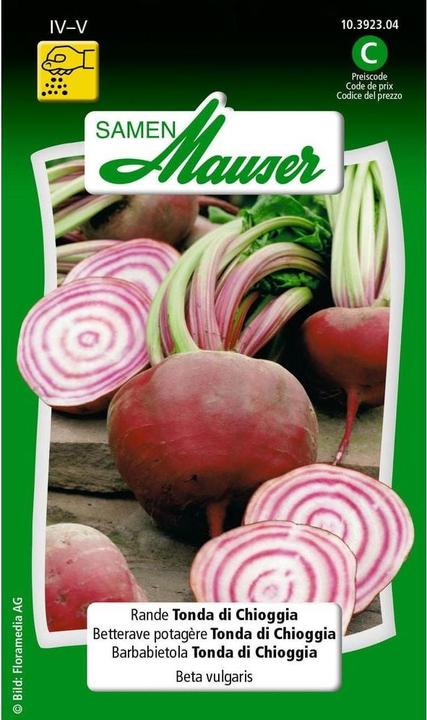
Samen Mauser Rande Tonda di Chioggia
Vegetable seeds
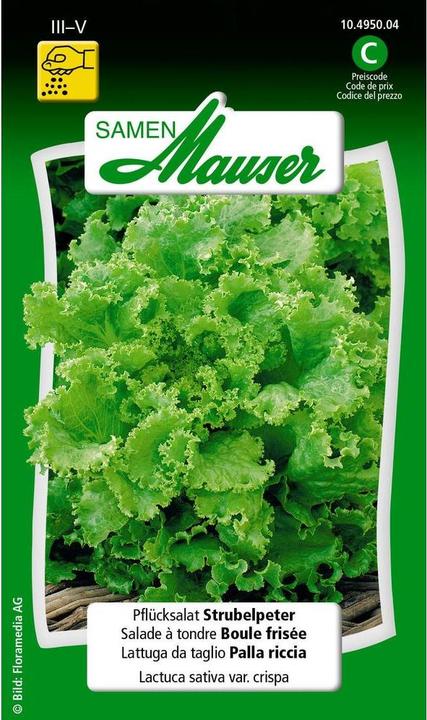
Samen Mauser Pick lettuce Strubelpeter
Vegetable seeds
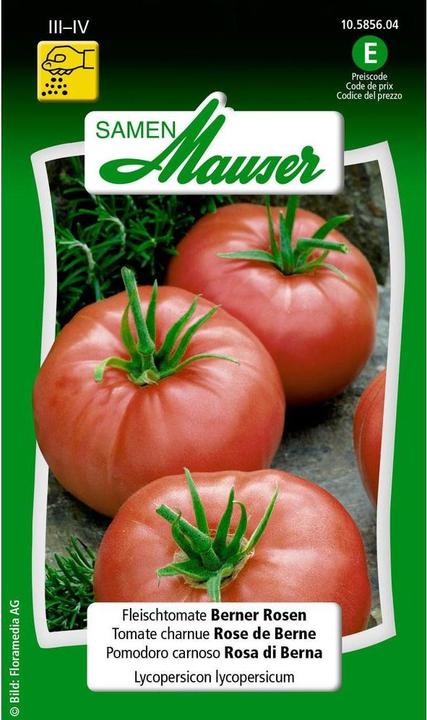


Samen Mauser Seed potato Rat/Virgule
Vegetable seeds
Even if heirloom vegetables aren't suitable to be farmed on a large scale, it's important to preserve them. They contribute to biodiversity and offer a colourful seed pool for new varieties. Thanks to their characteristics, developed over decades, some of them have the ability to thrive under extreme conditions, which is becoming increasingly important in times of climate change.
Another advantage of heirloom vegetables is that they are open-pollinated, which means you can save your own seed to replant from year to year. This isn’t possible with the hybrid varieties that are often available today (marked with F1). Hybrids have optimised qualities, but these qualities only last for one generation. This means you need to buy new seeds every year. This alone is reason enough to grow heirloom vegetables in your garden.
My life in a nutshell? On a quest to broaden my horizon. I love discovering and learning new skills and I see a chance to experience something new in everything – be it travelling, reading, cooking, movies or DIY.
Practical solutions for everyday problems with technology, household hacks and much more.
Show all